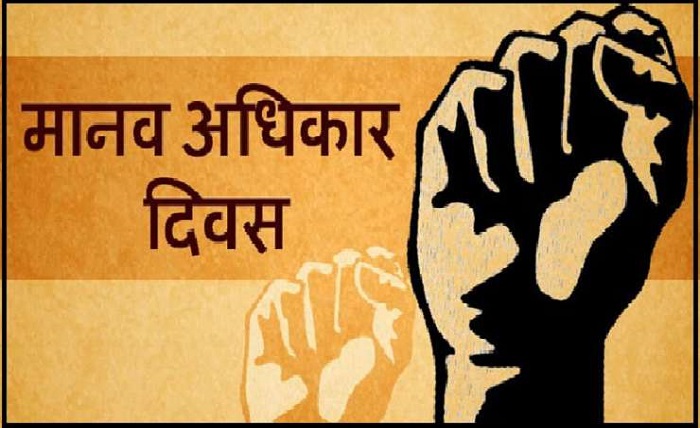Human Rights in Hindi: Understanding the Importance of Protecting Human Dignity

Human rights are the basic rights & freedoms that are entitled to every individual, regardless of their gender, race, religion, nationality, or any other status. These rights are fundamental to ensuring that everyone can live with dignity & respect, and they are recognized & protected by international law. In this article, we will explore the concept of human rights in Hindi, and why it is important to protect & uphold these rights in India.
What are Human Rights?
Human rights are the basic rights and freedoms that every individual is entitled to, regardless of their status or position in society. These rights include civil and political rights, such as the right to life, liberty, and security of person, freedom of expression, and freedom of religion. They also include economic, social, and cultural rights, such as the right to education, health, and an adequate standard of living.
Human rights are not only essential to protect the dignity & well-being of individuals, but they also play a critical role in promoting social justice, equality, and peace. The Universal Declaration of Human Rights, adopted by the United Nations in 1948, is the cornerstone of international human rights law & sets out the basic principles of human rights that should be respected and protected by all nations.
Human Rights in India
India is a diverse country with a rich cultural heritage, but it also faces many challenges when it comes to protecting human rights. Despite the constitutional guarantees of human rights in India, including the right to equality, freedom of expression, and freedom of religion, there are many instances where these rights are violated.
One of the most significant challenges faced by India in protecting human rights is the prevalence of discrimination and inequality. Women, children, religious minorities, and members of the LGBTQ+ community are often subjected to discrimination and violence, and they face barriers to accessing their basic rights and freedoms!
Importance of Human Rights in Hindi
The Hindi language is one of the most widely spoken languages in India, and it plays a critical role in promoting and protecting human rights in the country. By promoting human rights in Hindi, we can ensure that everyone has access to information about their rights & freedoms, regardless of their level of education or socio-economic status.
Moreover, promoting human rights in Hindi can also help to raise awareness about the importance of protecting human dignity and promoting social justice in India. It can help to build a more inclusive and equitable society, where everyone’s rights and freedoms are respected and protected!
Challenges in Promoting Human Rights in Hindi
Despite the importance of promoting human rights in Hindi, there are many challenges that need to be overcome to make this a reality. One of the biggest challenges is the lack of resources and infrastructure to promote human rights in Hindi effectively.
Another challenge is the prevalence of gender & caste-based discrimination in India, which can make it difficult to reach marginalized communities and promote human rights in their language. Moreover, the lack of access to education and information can also be a barrier to promoting human rights in Hindi, particularly in rural areas.
Conclusion
Human rights are essential to promoting human dignity, equality, and social justice in India. By promoting human rights in Hindi, we can ensure that everyone has access to information about their rights & freedoms, regardless of their level of education or socio-economic status.
However, promoting human rights in Hindi is not without its challenges. It requires a concerted effort to overcome the barriers to promoting human rights effectively, particularly in marginalized communities.
In conclusion, protecting human rights in Hindi is essential to building a more inclusive and equitable society, where everyone’s rights & freedoms are respected and protected!







